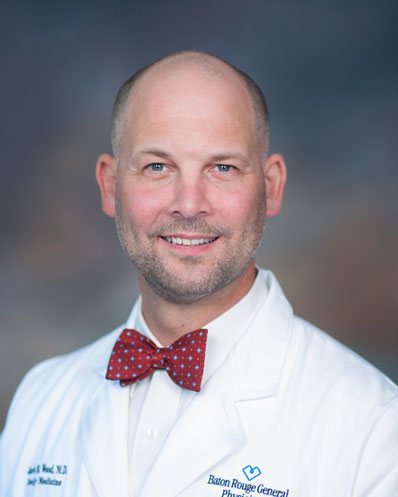Frequently Asked Questions

Related News & Blogs

October 24, 2024
Pediatric Pneumonia Cases on the Rise
The current spike in pneumonia cases among children is being traced to the bacteria Mycoplasma pneum...
Primary Care FAQs
Simply put, seeing a primary care physician keeps you healthier. They get to know you, your history and your family health history. Plus, researchers have found that adults with primary care were much more likely to fill prescriptions and to have a routine preventive visit in the past year. And they were also significantly more likely to get preventive screenings, like mammograms and cancer screenings.
It depends on several factors, including your age, risk for disease (possibly there is family history for one), and if you have any chronic conditions, like diabetes, high cholesterol or high blood pressure. It’s best to talk to a primary care doctor about your situation, and together you can come up with the best plan.
Your primary care doctor should be your first stop for common illnesses and health issues, as well as the best place to keep on top of any chronic conditions. Think of your primary care doctor as the center of a wheel – they will help manage your daily healthcare needs and will coordinate with specialists if you need it.
The biggest difference in selecting which type of primary care doctor to see has to do with age. Family medicine physicians treat children and adults while internal medicine doctors (or internists) care for adults over the age of 18.
Nurse practitioners (NPs) are advanced practice registered nurses who have advanced clinical training. They diagnose and treat medical problems, perform advanced procedures and prescribe medications.
Here are a few tips to help find a primary care physician that is right for you.
- Appointment Availability – Are you looking for a physician with same day/next day access or are you comfortable with scheduling your appointment out a week or two in advance? Check our online appointment scheduling system for availability.
- Location – Look for a physician near your home or work. Having someone close by can help, especially when unexpected healthcare needs or illnesses arise.
- Insurance – Find a physician that accepts your healthcare insurance. This will help you avoid “out of network” charges and fees.
- Patient Satisfaction Scores – Check out the patient satisfaction ratings available on each physician profile.
- Recommendation – Talk to your friends and family about what physicians they use. This is a great starting point!
We accept most health plans, including Medicare, so you might be able to keep your current doctor even when your health plan changes. Contact your new insurance company directly to confirm whether your doctor is in their network. When searching for one of our primary care providers, we make it easy to search by insurance. And on each doctor’s profile, there’s a list of accepted health plans.
It’s easy to stay on top of your own health and in touch with your doctor through the patient portal (link). You can view lab results, message your doctor, make an appointment, or view a visit summary. Of course, you can always give the office a call if you need help with anything.
Many health insurance plans require a referral for specialists as part of their coverage. Your primary care doctor will partner with you during this process and coordinate your treatment with the specialist.
Find A Doctor
-
View more info

Robert Wood, MD
Family Medicine +1 more

BRG Select Provider
Provider ratings
4.9 out of 5 (4406 ratings)
-
View more info

Philip Padgett, MD
Occupational Medicine +2 more

BRG Select Provider
Provider ratings
4.9 out of 5 (7589 ratings)
-
View more info
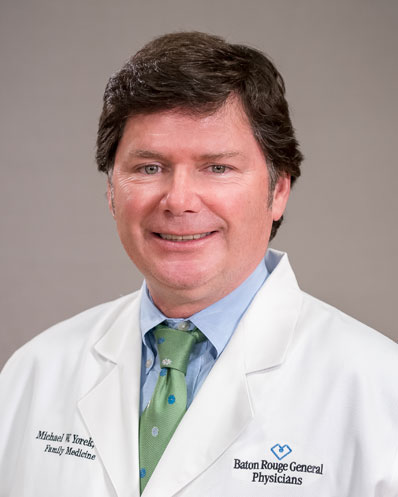
Michael Yorek, MD
Family Medicine +1 more

BRG Select Provider
Provider ratings
4.9 out of 5 (5856 ratings)
-
View more info
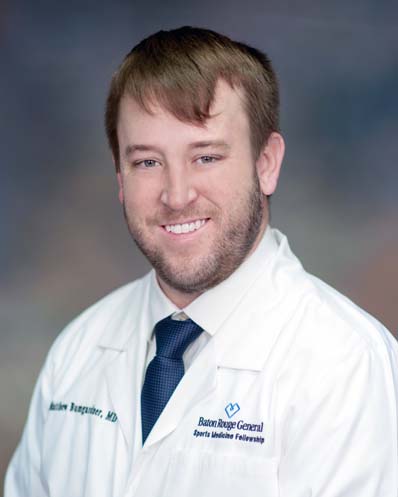
Matthew Bumgardner, MD
Family Medicine +3 more

BRG Select Provider
Provider ratings
4.9 out of 5 (397 ratings)
-
View more info
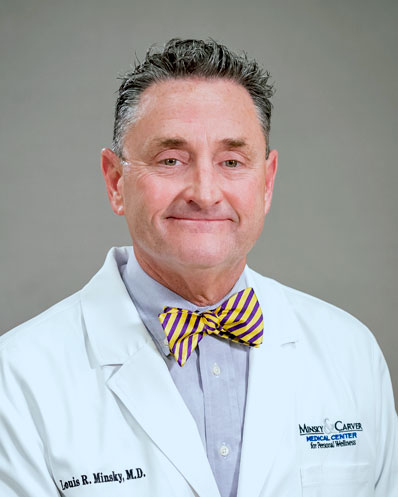
Louis Minsky, MD
Family Medicine +2 more

BRG Select Provider
Provider ratings
5 out of 5 (2685 ratings)
-
-
View more info
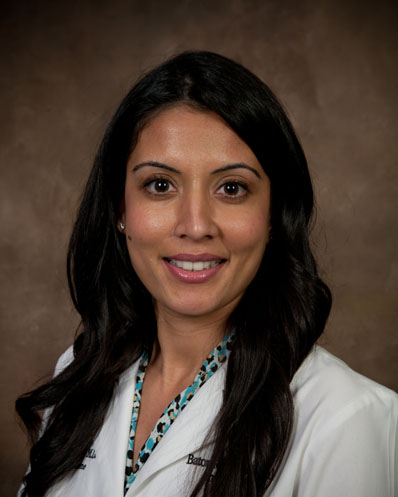
Gunjan Raina, MD
Family Medicine +2 more

BRG Select Provider
Provider ratings
4.9 out of 5 (1451 ratings)
-
View more info
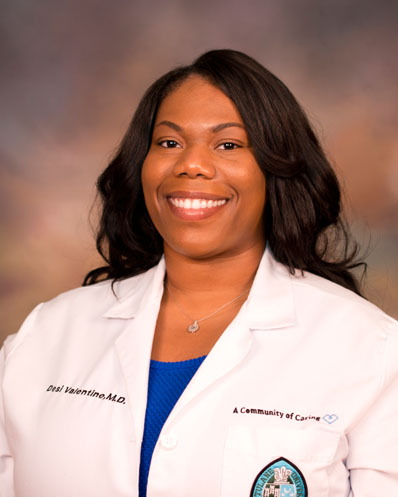
Desi Valentine, MD
Pediatrics +2 more

BRG Select Provider
Provider ratings
4.9 out of 5 (1458 ratings)
-
View more info
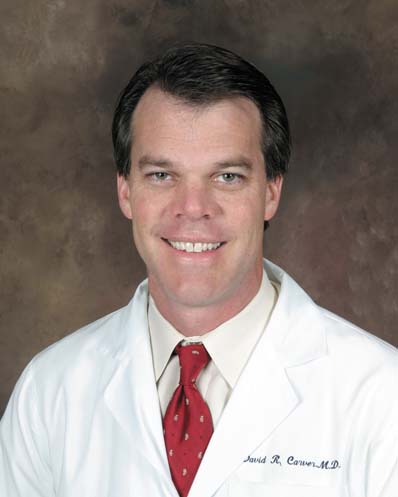
David Carver, MD
Concierge Medicine +2 more

BRG Select Provider
Provider ratings
5 out of 5 (2176 ratings)
-
View more info

Darakhshan Wahid, MD
Internal Medicine +1 more

BRG Select Provider
Provider ratings
4.8 out of 5 (4964 ratings)
-
View more info

Brad Gaspard, MD
Family Medicine +1 more

BRG Select Provider
Provider ratings
4.9 out of 5 (8798 ratings)
-
View more info

Benjamin Levron, MD, FAAFP
Concierge Medicine +3 more

BRG Select Provider
Provider ratings
4.9 out of 5 (1756 ratings)
-
View more info
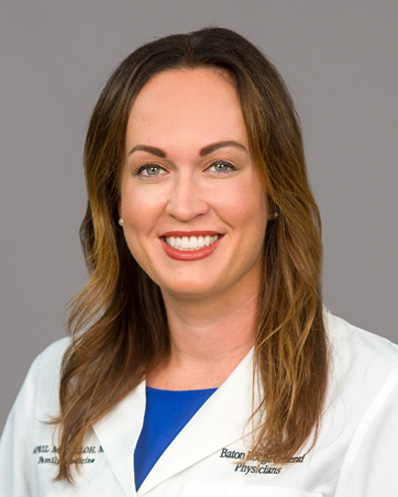
April McCulloh, MD
Family Medicine +2 more

BRG Select Provider
Provider ratings
4.9 out of 5 (4542 ratings)
-
View more info

Amanda Watts, MD
Family Medicine +2 more

BRG Select Provider
Provider ratings
4.9 out of 5 (3549 ratings)
-
-
View more info

Vasanthi Vinayagam, MD
Family Medicine +1 more

BRG Select Provider
Provider ratings
4.8 out of 5 (5087 ratings)
-
View more info

Timothy Bella, MD
Family Medicine +1 more

BRG Select Provider
Provider ratings
4.9 out of 5 (6245 ratings)
-
View more info

Tarisha Mixon, MD
Family Medicine +1 more

BRG Select Provider
Provider ratings
4.9 out of 5 (5964 ratings)
-
View more info

Stephen McCulloh, MD
Family Medicine +1 more

BRG Select Provider
Provider ratings
4.9 out of 5 (5390 ratings)
-
View more info
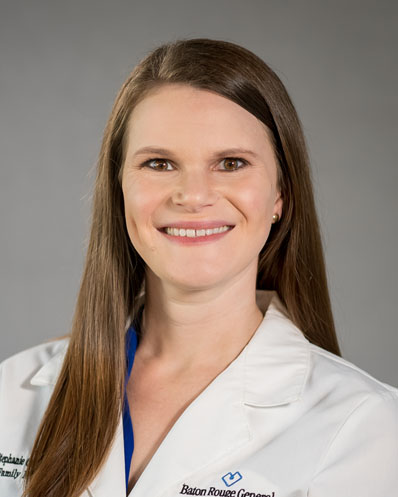
Stephanie Coleman, MD
Family Medicine +1 more

BRG Select Provider
Provider ratings
4.9 out of 5 (3025 ratings)
-
View more info

Shavaun Cotton, MD
Family Medicine +1 more

BRG Select Provider
Provider ratings
4.9 out of 5 (5312 ratings)
Locations
-
 View more info
View more infoClinics
Baton Rouge General Physicians - Zachary
1185 Americana Boulevard, Suite 2170 - Zachary, LA 70791
-
 View more info
View more infoClinics
Baton Rouge General Physicians - Denham Springs
1286 Del Este Avenue - Denham Springs, LA 70726
-
 View more info
View more infoClinics
Baton Rouge General Physicians - Brusly
4451 LA Highway 1 South, Suite 5 - Port Allen, LA 70767
-
 View more info
View more infoClinics
Baton Rouge General Physicians - Livingston
13960 Florida Boulevard - Livingston, LA 70754
-
View more info
Clinics
McCulloh Health and Wellness
2645 O'Neal Lane, Building B, Suite A - Baton Rouge, LA 70816
-
 View more info
View more infoClinics
Baton Rouge General Physicians - O'Neal
2645 O’Neal Lane, Building B, Suite C - Baton Rouge, LA 70816
-

-
 View more info
View more infoClinics
Baton Rouge General Physicians - Port Allen
610 North Jefferson Street - Port Allen, LA 70767
-
 View more info
View more infoClinics
Baton Rouge General Physicians - Ascension
14105 Highway 73, Suite 200 - Prairieville, LA 70769
-
 View more info
View more infoClinics
Baton Rouge General Physicians - Medical Associates of Baton Rouge
3401 North Boulevard, Suite 400 Entrance 4 - Baton Rouge, LA 70806
-
 View more info
View more infoClinics
Family Health Center
3401 North Boulevard, Suite 200 Entrance 4 - Baton Rouge, LA 70806
-

-
 View more info
View more infoClinics
Baton Rouge Family Medical Center
8595 Picardy Avenue, Suite 100 - Baton Rouge, LA 70809
-
 View more info
View more infoClinics
Minsky & Carver Medical Center for Personal Wellness
8585 Picardy Avenue, Suite 513 Entrance 3 - Baton Rouge, LA 70809
-
 View more info
View more infoClinics
Baton Rouge General Physicians - Bella Family Medical
8333 Goodwood Boulevard - Baton Rouge, LA 70806
-
 View more info
View more infoClinics
Baton Rouge General Physicians - Shenandoah
13828 Coursey Boulevard - Baton Rouge, LA 70817
-
 View more info
View more infoClinics
Baton Rouge General Physicians - Bluebonnet Family Clinic
8680 Bluebonnet Boulevard, Suite A - Baton Rouge, LA 70810
-
 View more info
View more infoClinics
Baton Rouge General Physicians - Central
11111 Park Place Drive, Suite B - Central, LA 70818
-
 View more info
View more infoClinics
Baton Rouge General Physicians - Primary Care Group
5353 Florida Boulevard - Baton Rouge, LA 70806



